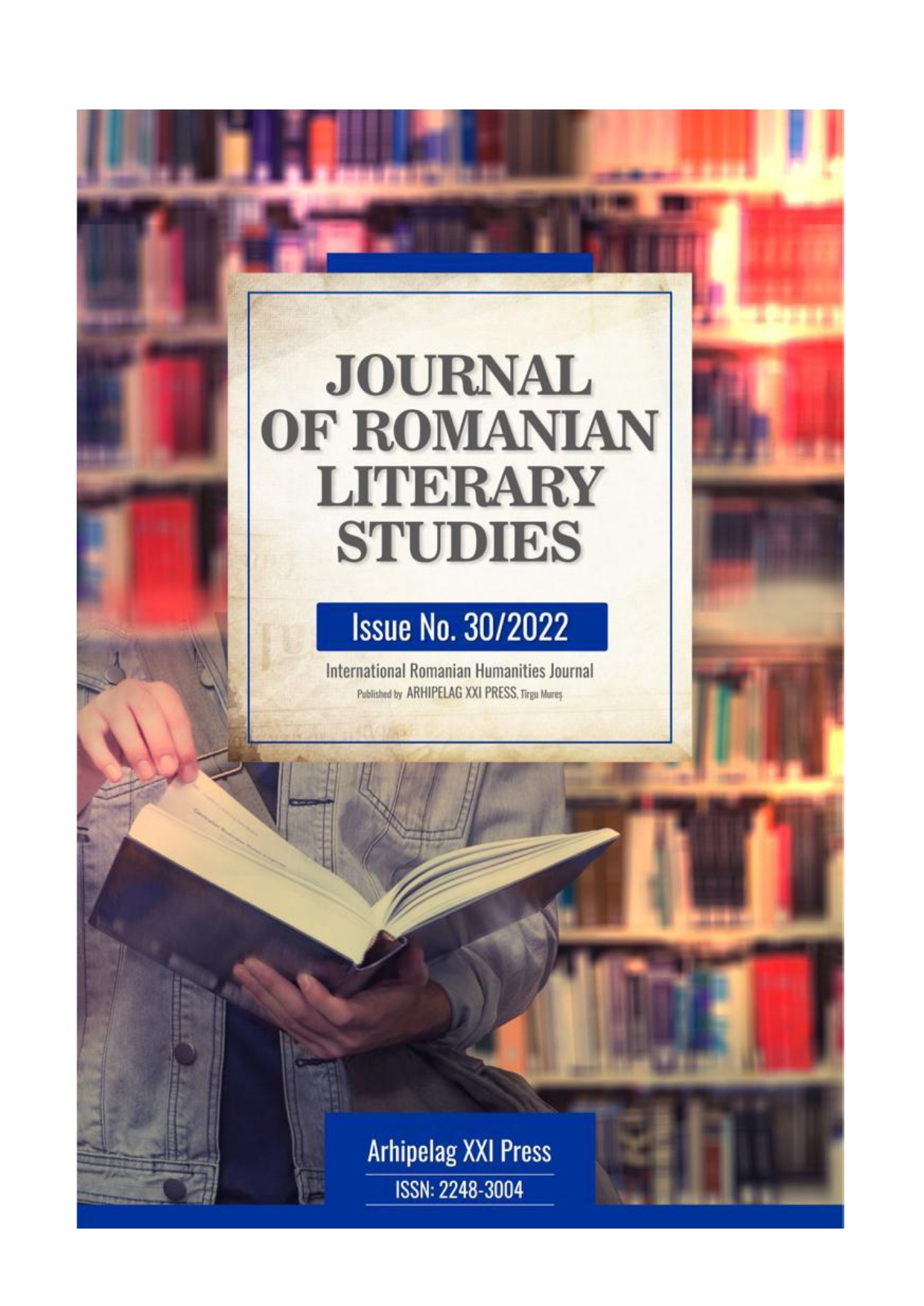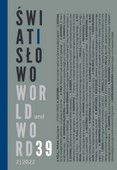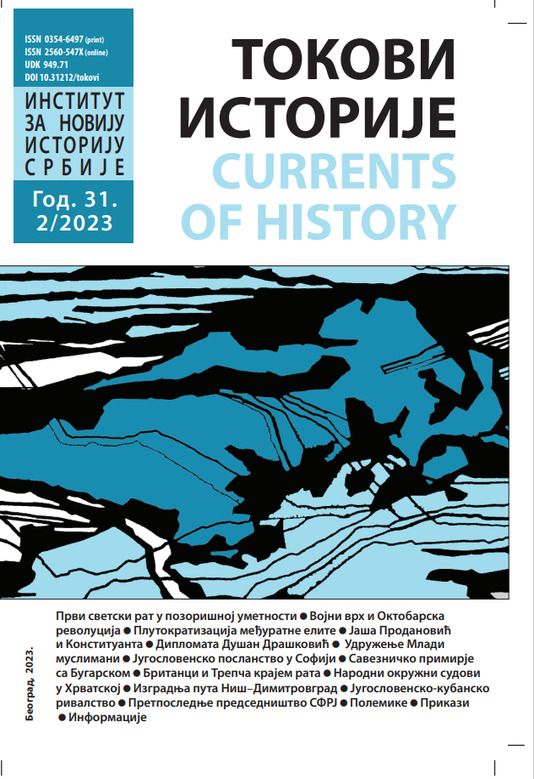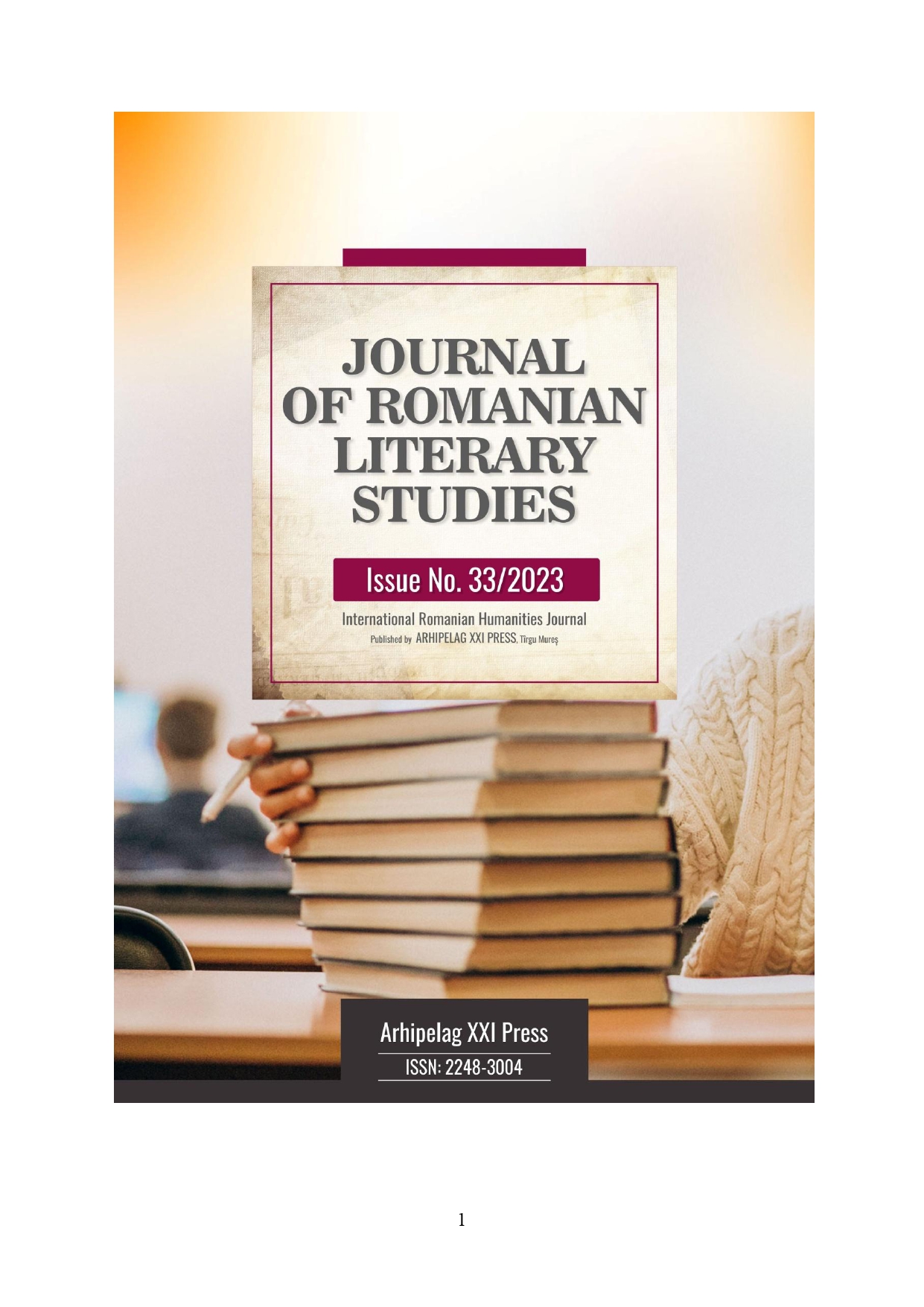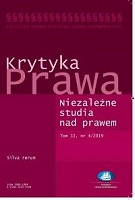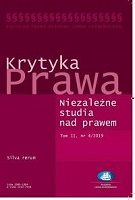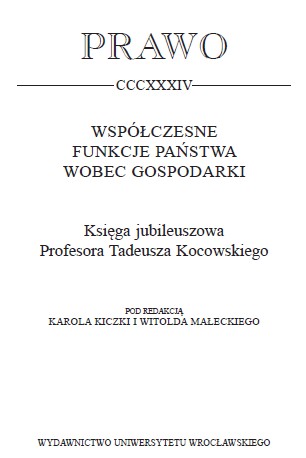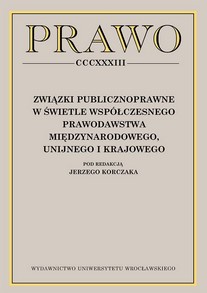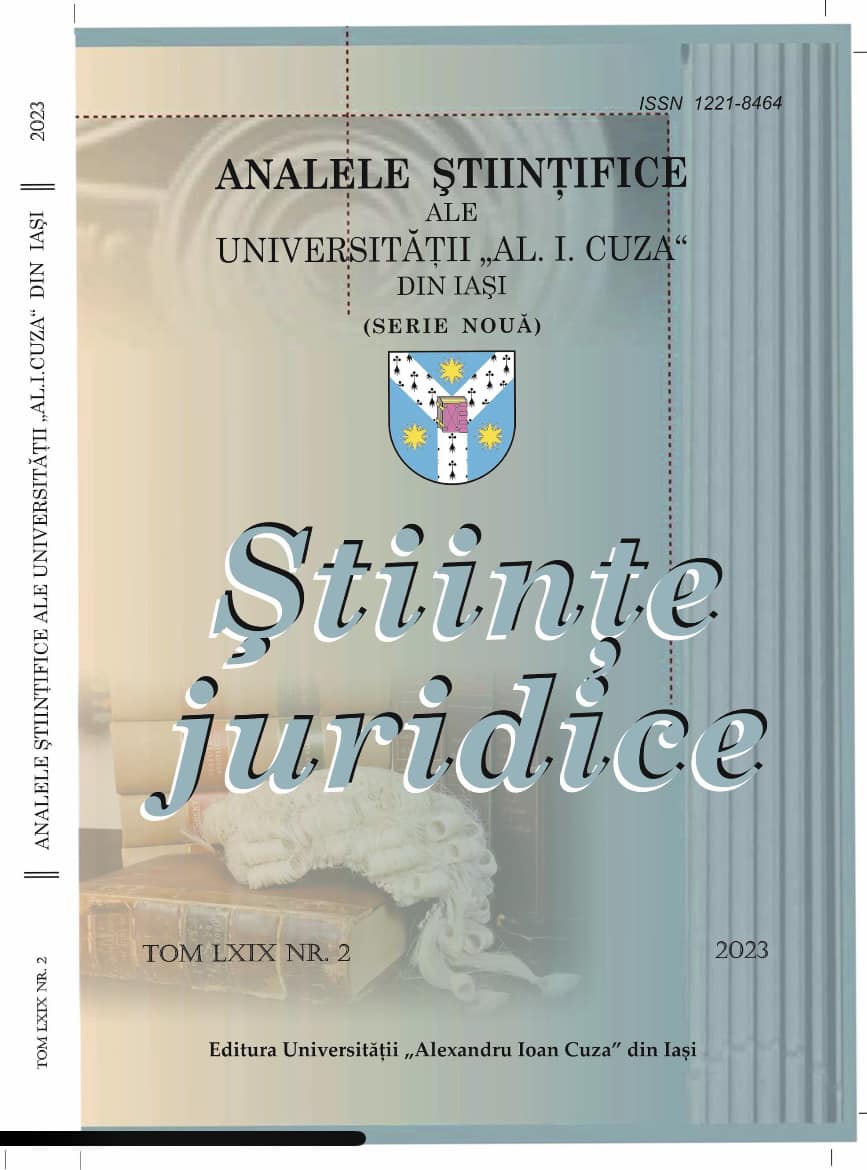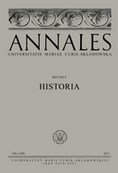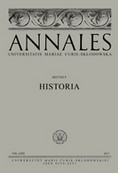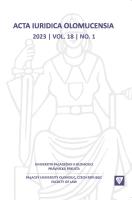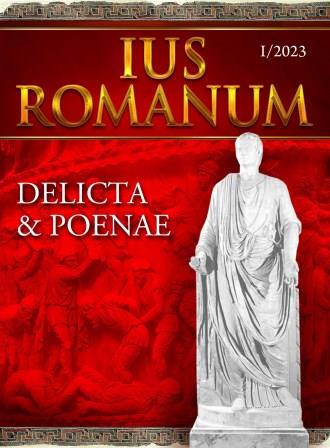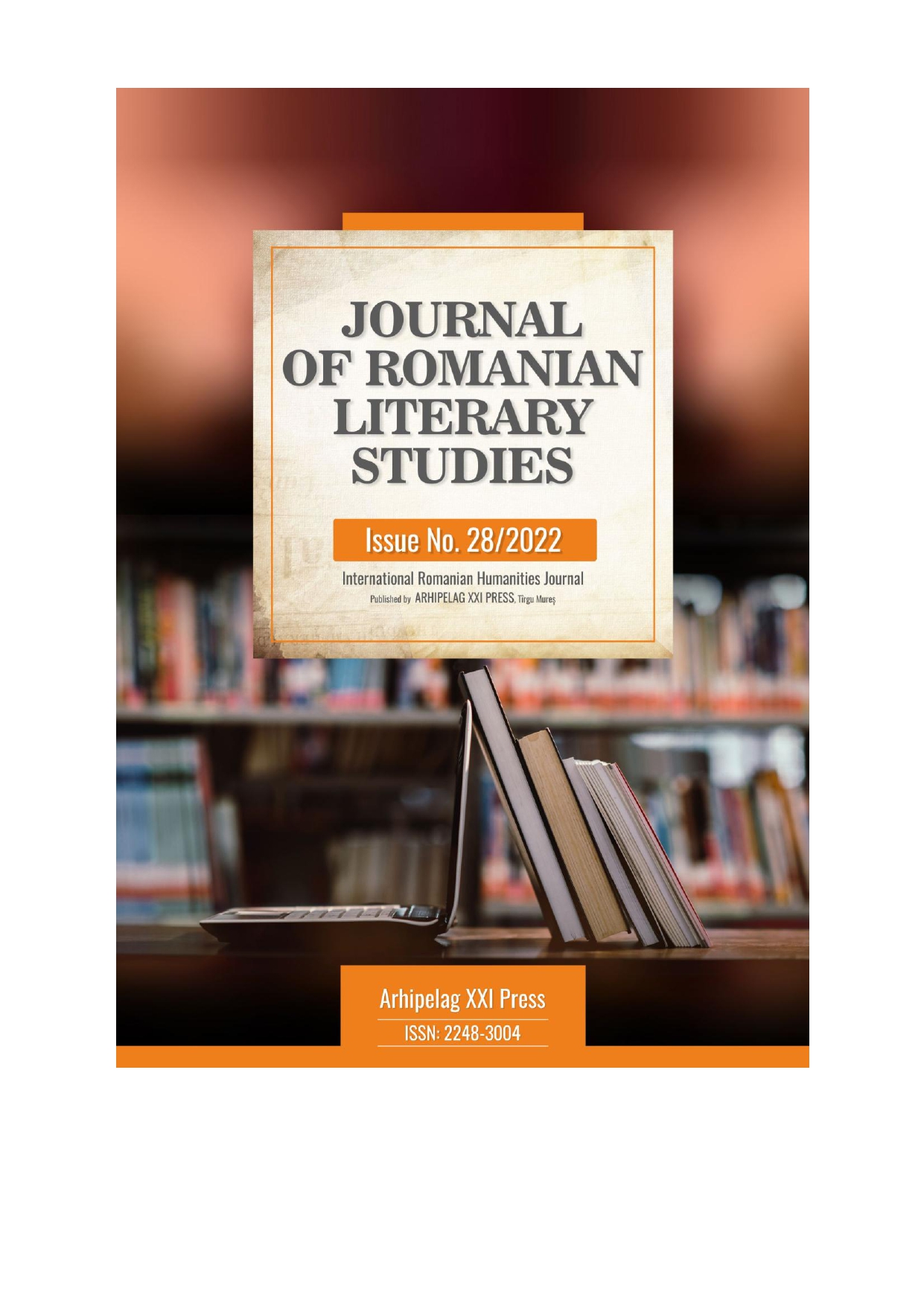
PROTECȚIA DREPTURILOR OMULUI PE TIMP DE RĂZBOI
The paper proposes an analysis of the international regulations regarding the protection of the fundamental human rights during armed conflicts. We approach this topic due to the fact that in some parts of the world armed conflicts are still used to settle disputes of different natures. Such conflicts affect the wellbeing of the populations, cause migration and most of the time disregard the importance of respecting the fundamental human rights. We also aim to identify the role of international organizations in protecting the human rights, as they are regulated by international conventions, in those countries which are not part of any treaty or organization. Another goal of the present study is to find out how our state implemented in their national regulations the provisions regarding the humanitarian law that we find at international level. Also, by analyzing these special provisions we will try to point out the importance of this law branch called humanitarian law that became an important part of international public law.
More...
